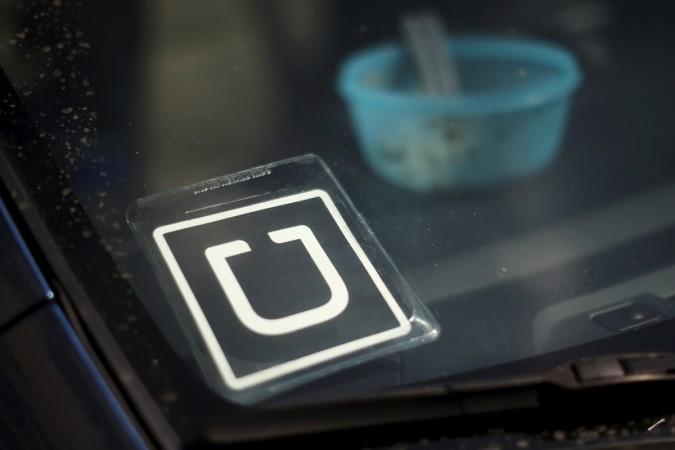
Uber is opposing the Karnataka government's recent ban on higher fares for services during peak demand, also called surge pricing. The cab service provider submitted its objections with the state's transport department seeking lifting of the notified regulations that came into effect April 2.
The cab aggregator also sent out personalised emails to its riders in Bengaluru, explaining how surge pricing benefits them.
Surge pricing is a practice where fares are raised when demand for a particular service is high. Uber said this practice helps the company balance supply and demand to offer rides when users need one. But the Karnataka state government said taxi providers cannot charge more than Rs. 19.50 per kilometer for an AC vehicle and Rs. 14.50 for a non air-conditioned cab.
Uber's surge pricing goes as high as five times the regular fares during peak hours.
"The government of Karnataka has taken a step forward in laying down sector specific regulations for mobility platforms like Uber," Bhavik Rathod, general manager of Uber South, said in an email to International Business Times, India. "We have submitted our objections to the transport department in connection with the notified regulations and are engaged with the government. The government of Karnataka has shown immense support for businesses that harness technology and innovation and we are hopeful of progressive outcome."
Uber justified its surge pricing practice stating that it helps the company ensure users get rides within minutes, regardless of time or occasion, according to an official blog post on Wednesday. The cab hailing service said that nearly all surge pricing profits are sent to drivers as part of their fares. In the emails sent to its riders in Bengaluru, Uber shows a comparison of how much riders saved on the total rides they have taken against the alternative if it had followed government's suggested prices.
Quartz shared a screenshot of an email sent by Uber, where the company said the rider could have paid 30 percent more for the same amount for rides if followed the government's pricing. But it is unclear how Uber calculated the savings.
According to the Economic Times, Uber and Ola continue surge pricing despite a ban in place. Transport Minister Ramalinga Reddy told the ET that the government would tighten the law to avoid any violation of the policy.
Amidst the surge pricing fiasco, Uber and Ola recently slashed their fares by up to 30 percent in select cities. Meanwhile, there have been reports where these cab aggregators charged riders with peak hour fares even during non-busy hours.

















![India Auto Roundup: Maruti Suzuki, Mahindra have exciting launches in November [details here]](https://data1.ibtimes.co.in/en/full/805520/india-auto-roundup-maruti-suzuki-mahindra-have-exciting-launches-november-details-here.jpg?w=220&h=135)